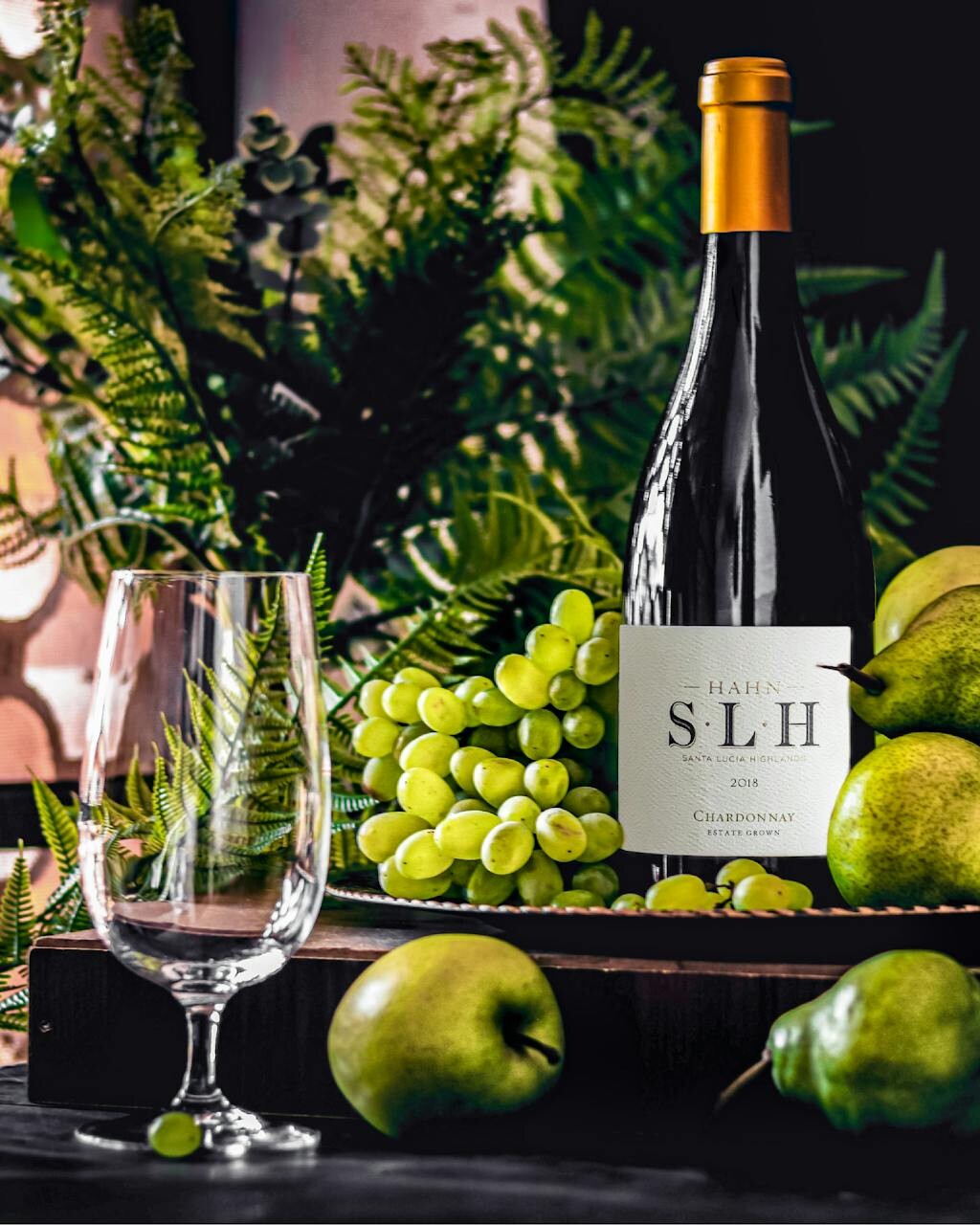Sustainability meets sophistication in Chardonnay! As consumers become increasingly conscious of their environmental impact, many wineries are embracing sustainable and organic practices in their vineyards and cellars. From dry-farming and biodiversity initiatives to organic and biodynamic certification, there are many ways that producers are prioritising sustainability in Chardonnay production. Join us as we shine a spotlight on these eco-friendly practices and discover how sustainable Chardonnay wines are making a positive impact on the planet. Sustainable winegrowing practices aim to minimise environmental impact while maximising vineyard health and grape quality.
This can include using organic fertilisers and pesticides, implementing water conservation measures, and promoting biodiversity in the vineyard. By adopting sustainable practices, wineries can reduce their carbon footprint and preserve natural resources for future generations. Organic and biodynamic certification takes sustainability a step further by prohibiting the use of synthetic chemicals and promoting holistic farming practices. Organic vineyards are certified by accredited agencies and must adhere to strict guidelines for pesticide use, soil management, and biodiversity conservation. Biodynamic farming takes a more holistic approach to agriculture, viewing the vineyard as a self-sustaining ecosystem.
Biodynamic vineyards follow a lunar calendar and use natural preparations to enhance soil fertility and plant health. By supporting wineries that prioritise sustainability and environmental stewardship, consumers can make a positive impact on the planet while enjoying delicious Chardonnay wines. So why not raise a glass to sustainability and savour the complex flavours of a sustainably produced Chardonnay? Join us as we explore the world of sustainable and organic Chardonnay and discover the beauty of wines that are as good for the planet as they are for the palate.




